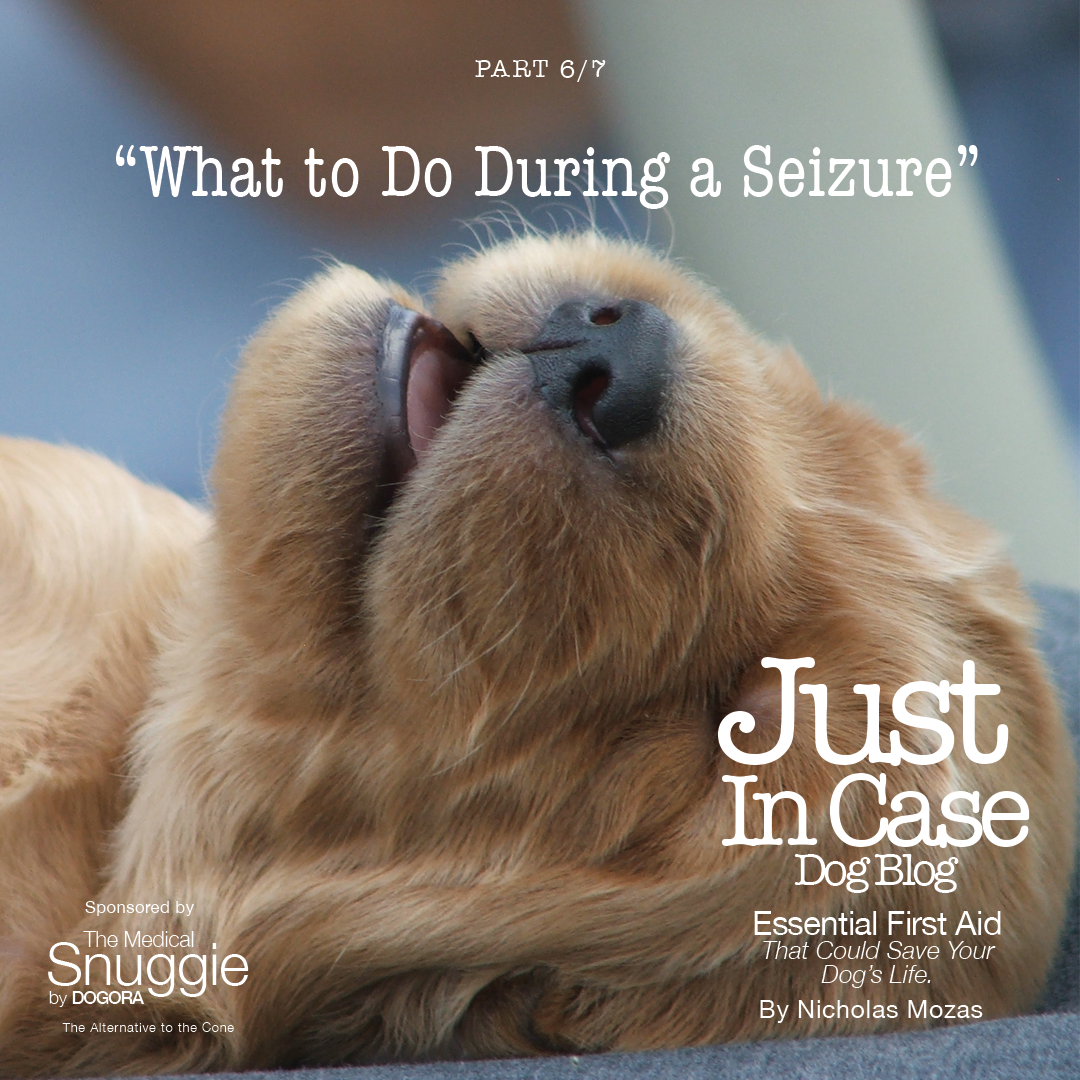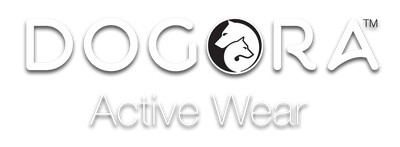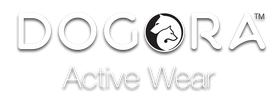What to Do During a Seizure - Part 6

As an owner, loyal companion, and family member to our best friends, we are their first responders prior to reaching the emergency clinic or animal hospital. This is the sixth and last in a series of posts that will make you better prepared to handle many emergency situations that you might encounter with your dog.
What to Do During a Seizure
Watching your dog experience a seizure can leave you feeling powerless, but there are steps you can take to help your dog recover safely. In layman’s terms, a seizure is a burst of uncontrolled electric activity between your dogs’ brain cells, causing temporary, uncontrollable manifestation in muscle tone or movements such as stiffness and twitching.
Know that your dog is not conscious or in pain during their episodes. It is also important to note that dogs, much like humans, will not swallow their tongues, so do not attempt to grab their tongue as you may get bitten. Also, as an owner, be prepared for your dog to urinate or defecate.
You should start a journal for yourself to document your dog’s episodes, keeping track of the date, time and length of their seizures. This will help both you and your Vet assess the patterns.
What to do to keep your dog safe until the seizure is over:
- First, keep yourself calm. This is important for making the right decisions.
- Sit near your dog.
- Check the time from when your dog begins his/her seizure to when it ends. If possible, have someone take a video to show your Veterinarian.
- Seizures that last for longer than 2-3 min can put your dog at risk of overheating. You can try cooling them down with cold water or wet towels. For best results, place the cooling towel around his/her groin, neck, head, and paws. Make sure you take your dog to the Vet.
- To prevent your dog from hurting itself, keep it away from stairs; cushion their head; and gently hold and comfort them until they begin to regain consciousness.
Next week, we’ll look at First Aid treatments for a bee sting.
Nicholas Mozas is Founder and CEO of DOGORA. He is a graduate of the University of Guelph in Biological Science and holds an M.Sc. in Neutragenomics. Nicholas managed an Animal Hospital after graduation, gaining a better understanding of pets’ and owners’ needs. Find out more at www.dogora.ca.

